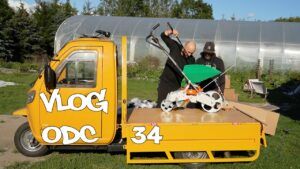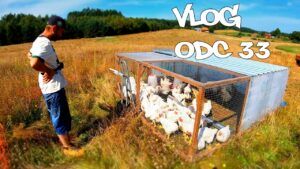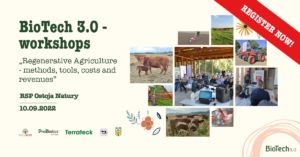dr Jacek Bartosiak
The first Polish speaker at the conference BioTech 2.0 is dr Jacek Bartosiak. His specialty is geopolitics and not agricultural production. He will try to bring us closer to the situations of dynamic changes taking place in the world. What awaits us in the coming years and how best to prepare for the upcoming changes.
Founder and owner of Strategy & Future. As a doctor of social sciences, he is a respected expert in geopolitics and geostrategy. He built his position as an expert in the Republican Foundation and the National Center for Strategic Studies, i.e. an independent analytical center established to conduct research and analyzes, as well as stimulate debate and develop innovative thinking in the field of broadly understood Polish security.
In NCSS, he was also a board member. Associate of the New Confederation – a publishing house dealing with issues focusing on political matters, international politics, law, defense and economy, and the New Generation Warfare Center in Washington.
Member of the advisory team of the government plenipotentiary for the Central Communication Port (2017-2018), president of the management board of Centralny Port Komunikacyjny Sp. z o.o. (2018-2019). Participant of the debate on the strategic situation in Central and Eastern Europe, the Western Pacific and Eurasia.
Subject of the speech: “The role and place of Agriculture in the 21st century in the context of geopolitical changes in the world.”
Contemporary agriculture and its productive environment require modern, effective technical and technological solutions for the 21st century. The development of agriculture that we are observing is also the result of evolutionary social and economic changes taking place in rural areas. The agri-food sector will play an important role in shaping the countryside. It is characterized by ever closer integration of agriculture with its environment, ie with the industry producing means of production for agriculture, agri-food processing, as well as agricultural and food trade and other sectors of the national economy.
Agriculture in the 21st century must flexibly respond to the challenges posed to it. One of them is to find a balance between the implementation of technical, biological and organizational progress while maintaining the cultural heritage of villages and rural areas. During the lecture, we will try to answer the following questions together: how does agriculture look like on the world map in the era of geopolitical changes and what role does Polish agricultural production play in the European and world arena?



